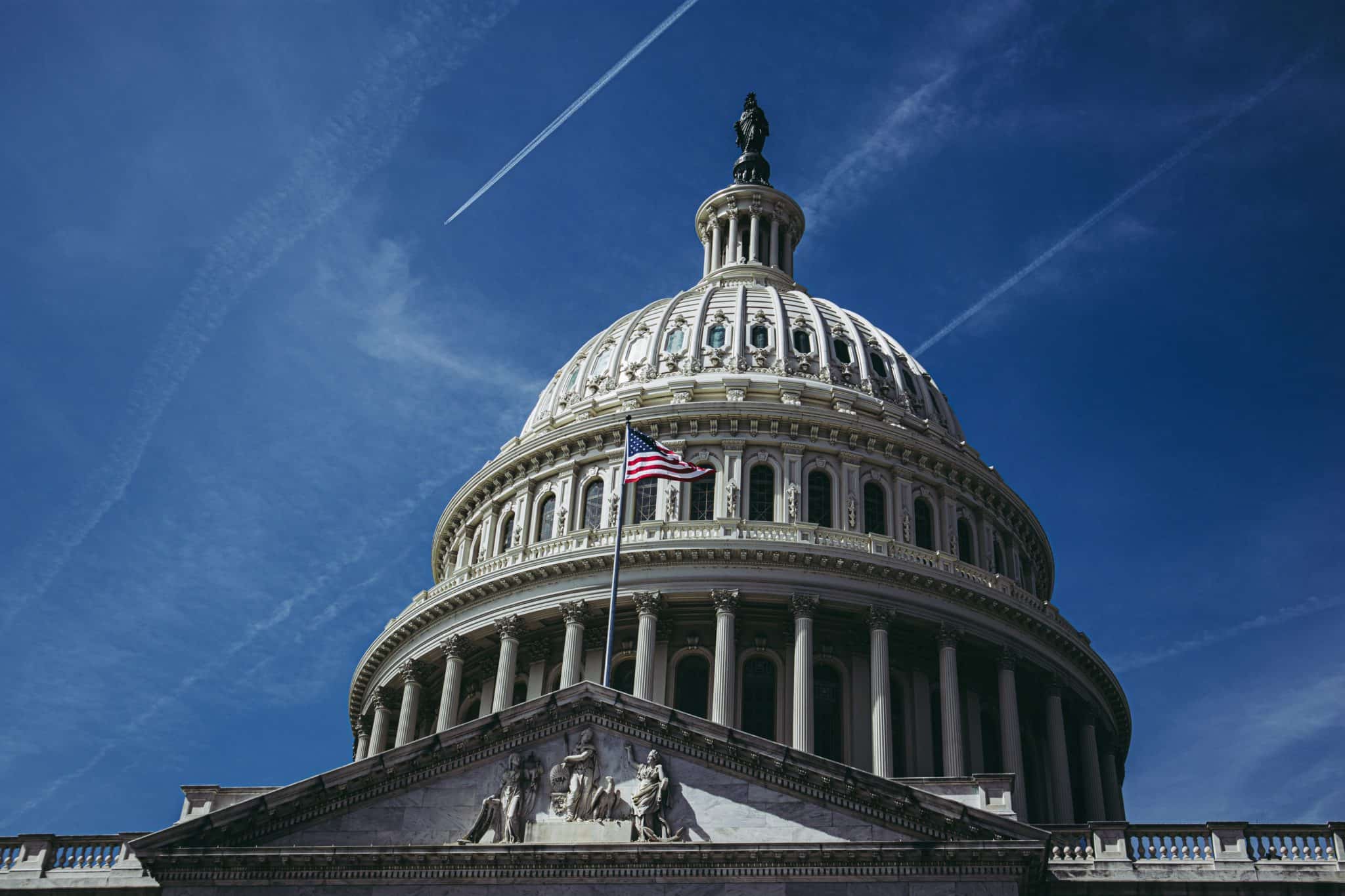
Miriam Li is a student at Harvard Law School and a member of the Labor and Employment Lab.
In today’s news and commentary, a federal judge pressed DOJ lawyers to define what constitutes an “illegal” DEI program, a D.C. district court restores collective bargaining rights for Voice of America workers, Rep. Jared Golden secures enough support to force a House vote on restoring federal workers’ union rights, and Peco Foods prevails in ERISA challenge over 401(k) forfeitures.
Earlier this week, a Chicago federal judge pressed a Justice Department attorney to define what the Trump administration means by “illegal” DEI programs in recently updated homeland security grant conditions. The exchange came in a lawsuit brought by Chicago, New York, and several other municipalities, which argue that the new conditions unlawfully tie emergency-management funds to compliance with politically motivated and “inscrutably vague” funding restrictions. According to Bloomberg, Judge Manish Shah posed a series of hypotheticals, including whether a city HR manual that protects transgender workers from termination based on gender identity would violate those conditions. Although the Supreme Court held in Bostock v. Clayton County that Title VII prohibits discrimination based on transgender status, DOJ attorney Patrick Johnson replied that he could not answer “hypotheticals about what would be illegal DEI,” and that “the only clarity required” is that cities “can’t operate programs that are illegal DEI” if they wish to receive funding. In their complaint, the cities highlight this legal tension, pointing out the discrepancy between DOJ guidance urging grantees to “affirm sex-based boundaries rooted in biological differences” and clearly established protections for trans workers under federal employment law.
Meanwhile, a federal judge issued a preliminary injunction reinstating collective bargaining rights for federal workers at Voice of America (VOA)—a publicly funded international broadcaster housed within the US Agency for Global Media (USAGM). The judge found that the Trump administration’s cancellation of collective bargaining agreements at the agency constituted unlawful retaliation against the American Federation of Government Employees (AFGE) and the American Federation of State, County and Municipal Employees (AFSCME). In March and August, Trump issued executive orders ending union protections for workers at dozens of agencies, putting the collective bargaining rights of over one million federal workers at stake. The orders cited a provision of the 1978 Civil Service Reform Act that gives the president discretion to limit federal-sector labor protections at agencies whose primary function is national security work. According to the lawsuit, the administration claimed that USAGM conducts diplomatic service work, and that “supporting US national security is one of [the agency’s] key functions.” In a statement, AFSCME President Lee Saunders called the ruling “a major victory” and pledged to “continue to fight for the collective bargaining rights of our members against an administration determined to strip them away.”
In Congress, Rep. Jared Golden (D-Maine) has secured enough support to force a House vote on restoring federal workers’ bargaining rights. New York Republicans Nick LaLota and Mike Lawler signed Golden’s discharge petition yesterday, bringing Discharge Petition No. 6 to the required number of 218 signatures. The petition would compel a vote on the Protect America’s Workforce Act (H.R. 2550), despite House Republican leaders’ refusal to bring the bill to the floor through the regular process. Historically, successful discharge petitions have been rare, but narrow House majorities have made the tool a more popular method of forcing votes in recent years. While most Republicans still oppose the Protect America’s Workforce Act, the willingness of some to side with unions on federal-sector bargaining rights reflect a noticeable, though limited, recent “pro-worker” shift within parts of the GOP.
Finally, a federal judge dismissed a class action lawsuit challenging Peco Foods’ handling of forfeited 401(k) funds under the Employee Retirement Income Security Act (ERISA). The court rejected the plaintiffs’ argument that Peco had violated ERISA when it used 401(k) contributions forfeited by departing workers to satisfy its own required contributions, rather than to reduce employees’ administrative fees. The suit is part of a broader wave of ERISA litigation challenging similar employer practices. Although early rulings have tended to favor employers, a handful of courts have declined to dismiss suits challenging employers’ use of forfeited funds to satisfy their own contribution requirements. Notably, the Department of Labor’s position on the issue has shifted: in 2017, the DOL sided with employees in enforcement litigation that targeted employers for using forfeitures to reduce their own 401(k) contribution requirements. This shift also marks a departure from the DOL’s recent amicus activity, in which the department has largely sided with employees in suits against high-profile companies such as X (formerly Twitter) and IBM.






Daily News & Commentary
Start your day with our roundup of the latest labor developments. See all
January 22
Hyundai’s labor union warns against the introduction of humanoid robots; Oregon and California trades unions take different paths to advocate for union jobs.
January 20
In today’s news and commentary, SEIU advocates for a wealth tax, the DOL gets a budget increase, and the NLRB struggles with its workforce. The SEIU United Healthcare Workers West is advancing a California ballot initiative to impose a one-time 5% tax on personal wealth above $1 billion, aiming to raise funds for the state’s […]
January 19
Department of Education pauses wage garnishment; Valero Energy announces layoffs; Labor Department wins back wages for healthcare workers.
January 18
Met Museum workers unionize; a new report reveals a $0.76 average tip for gig workers in NYC; and U.S. workers receive the smallest share of capital since 1947.
January 16
The NLRB publishes its first decision since regaining a quorum; Minneapolis labor unions call for a general strike in response to the ICE killing of Renee Good; federal workers rally in DC to show support for the Protecting America’s Workforce Act.
January 15
New investigation into the Secretary of Labor; New Jersey bill to protect child content creators; NIOSH reinstates hundreds of employees.